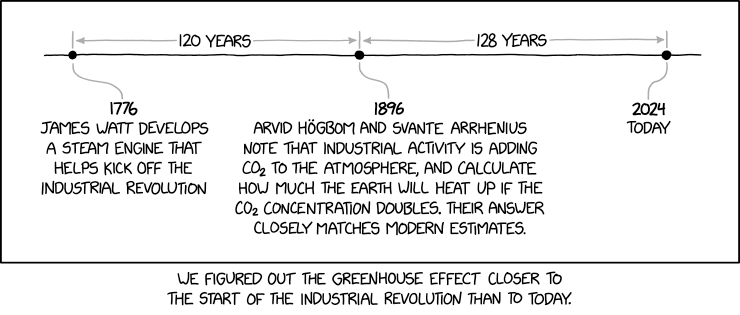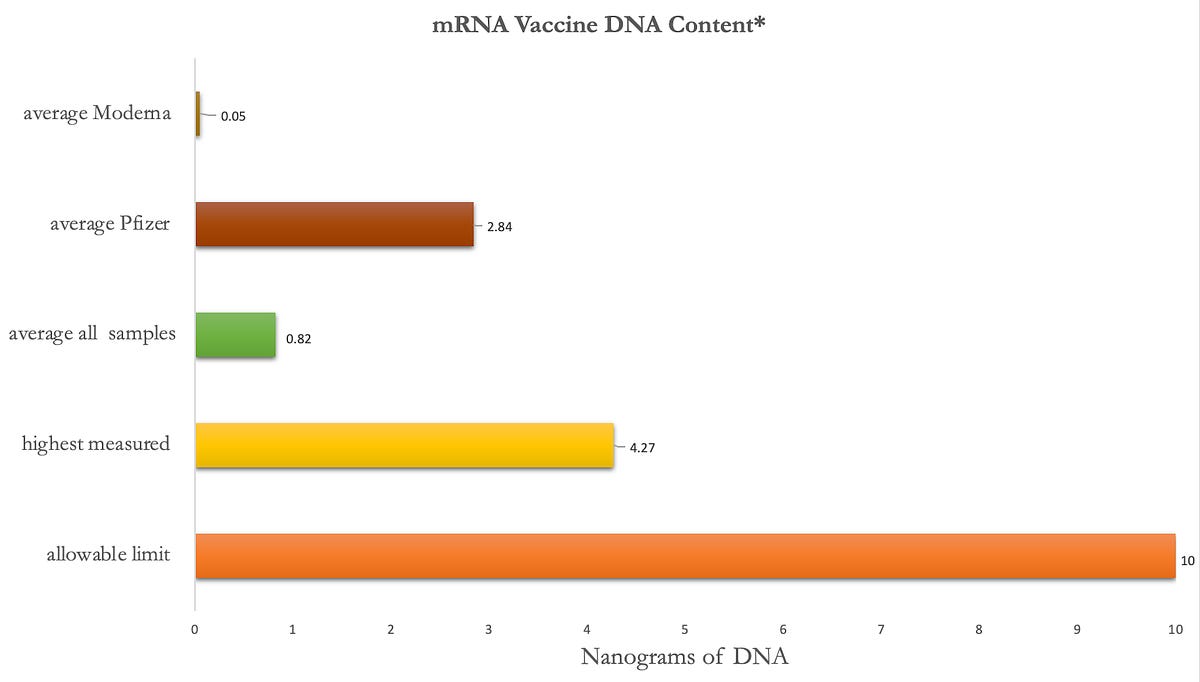Not really a democracy…
From Heather Cox Richardson’s March 4, 2024 Letters from an American:
“Two days ago, in Slate, legal analyst Mark Joseph Stern noted that when Mitch McConnell (R-KY) was Senate majority leader, he “realized you don’t need to win elections to enact Republican policy. You don’t need to change hearts and minds. You don’t need to push ballot initiatives or win over the views of the people. All you have to do is stack the courts. You only need 51 votes in the Senate to stack the courts with far-right partisan activists…[a]nd they will enact Republican policies under the guise of judicial review, policies that could never pass through the democratic process. And those policies will be bulletproof, because they will be called ‘law.’”

